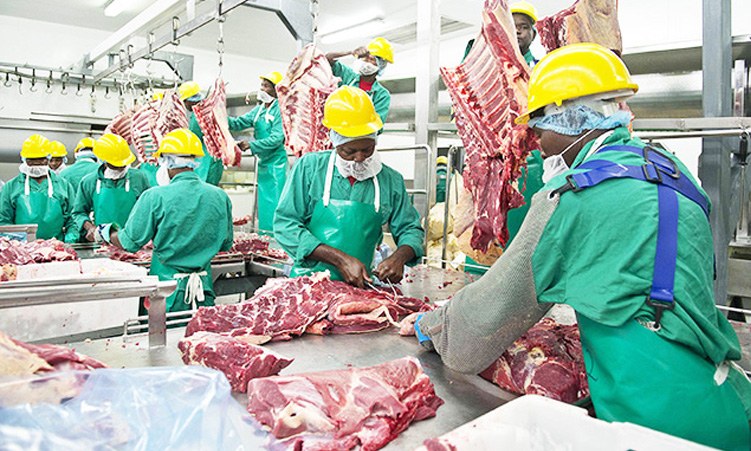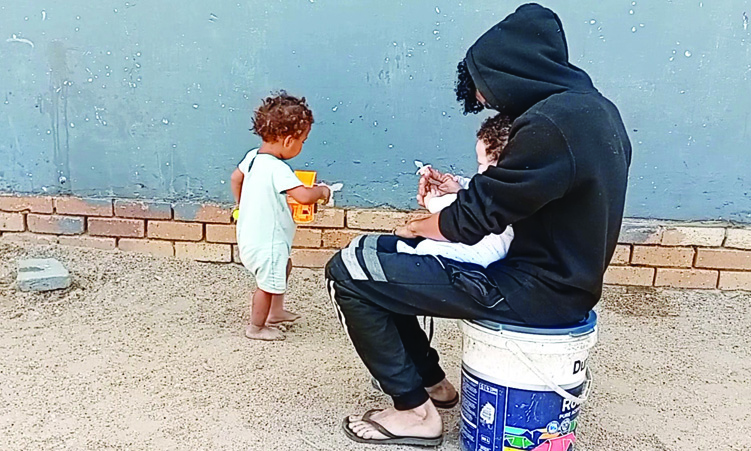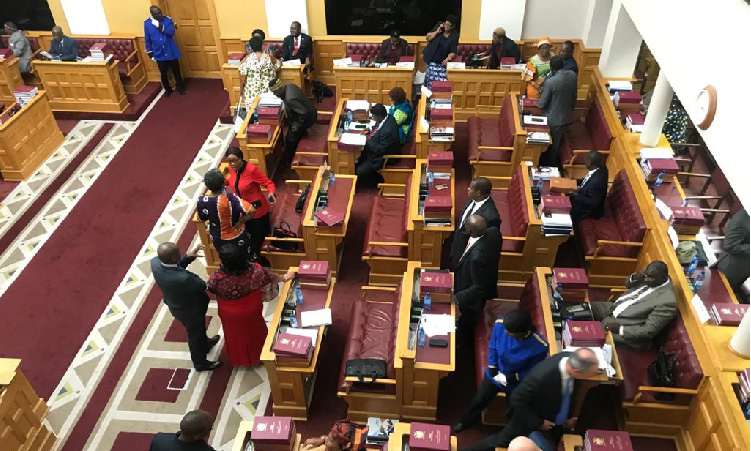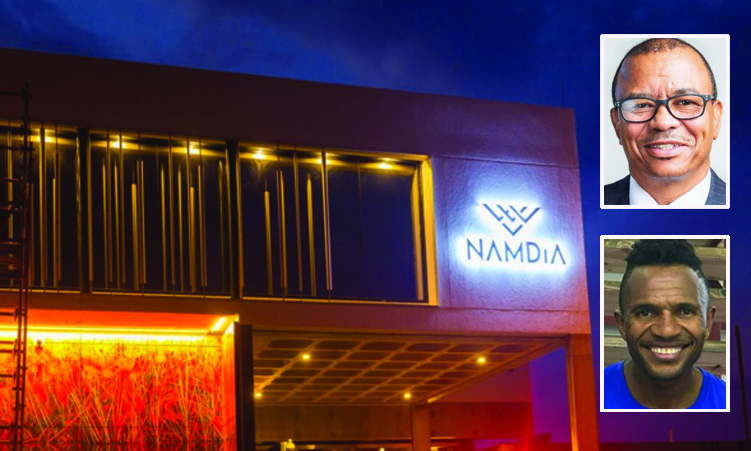SAN FRANCISCO – Maverick airline Virgin America told US government regulators it is prepared to overhaul its ownership, jettison its chief executive and possibly even change its name to gain clearance to fly – an ambition that has been blocked because of the start-up’s ties to British entrepreneur Richard Branson.
With the list of concessions filed last week with the US Department of Transportation, Virgin America hopes to convince regulators it complies with US laws capping foreign control of a US airline at 25 per cent. In a tentative decision issued in late December, the Department of Transportation ruled Virgin America’s foreign interests exceeded the legal threshold, while raising a series of concerns about Branson’s behind-the-scenes power.Branson, a brash billionaire who sells everything from vodka to comics under the Virgin brand, dreamed up the low-cost US airline and hired CEO Fred Reid before bringing aboard US investors.The latter move caused regulators to wonder if Reid, a US citizen, might turn out to be a Branson crony.To address those concerns, Virgin America said it will dump Reid if asked by regulators, eliminate one of the three board seats previously awarded to Branson’s Virgin Group, raise another US$20 million from US investors and place all of Virgin Group’s shares in a voting trust supervised by a US trustee to be approved by the government.The Department of Transportation also frowned upon the terms of the airline’s licensing agreement with the Virgin Group, arguing it could provide another lever to steer management’s decisions.Virgin Group is now willing to revise the language of the licensing agreement, giving the proposed airline the room to adopt another name to get the start-up’s fleet of planes off the ground.”The importance of introducing Virgin America’s new innovative service and our multitude of consumer benefits are too large to let anything stand in our way,” the airline wrote in its filing.If approved to fly, Virgin America plans to offer discount service between San Francisco and New York’s John F.Kennedy International Airport before expanding to other markets.Citing a study by the Campbell-Hill Group, Virgin America estimated US travellers would save about US$786 million annually if it is allowed to fly.Virgin America already employs 170 workers and has bought 33 aircraft, naming one of them ‘Jefferson Airplane’ in tribute to the rock group that resonated with San Francisco’s hippie movement in the late 1960s.Within five years, Virgin America hopes to create 5 000 US jobs, including positions for some of the airline workers laid off amid the turmoil that saddled the industry with huge losses after the September 2001 terrorist attacks.The US aviation industry part has opposed Virgin America’s entrance into the market.Nampa-APIn a tentative decision issued in late December, the Department of Transportation ruled Virgin America’s foreign interests exceeded the legal threshold, while raising a series of concerns about Branson’s behind-the-scenes power.Branson, a brash billionaire who sells everything from vodka to comics under the Virgin brand, dreamed up the low-cost US airline and hired CEO Fred Reid before bringing aboard US investors.The latter move caused regulators to wonder if Reid, a US citizen, might turn out to be a Branson crony.To address those concerns, Virgin America said it will dump Reid if asked by regulators, eliminate one of the three board seats previously awarded to Branson’s Virgin Group, raise another US$20 million from US investors and place all of Virgin Group’s shares in a voting trust supervised by a US trustee to be approved by the government.The Department of Transportation also frowned upon the terms of the airline’s licensing agreement with the Virgin Group, arguing it could provide another lever to steer management’s decisions.Virgin Group is now willing to revise the language of the licensing agreement, giving the proposed airline the room to adopt another name to get the start-up’s fleet of planes off the ground.”The importance of introducing Virgin America’s new innovative service and our multitude of consumer benefits are too large to let anything stand in our way,” the airline wrote in its filing.If approved to fly, Virgin America plans to offer discount service between San Francisco and New York’s John F.Kennedy International Airport before expanding to other markets.Citing a study by the Campbell-Hill Group, Virgin America estimated US travellers would save about US$786 million annually if it is allowed to fly.Virgin America already employs 170 workers and has bought 33 aircraft, naming one of them ‘Jefferson Airplane’ in tribute to the rock group that resonated with San Francisco’s hippie movement in the late 1960s.Within five years, Virgin America hopes to create 5 000 US jobs, including positions for some of the airline workers laid off amid the turmoil that saddled the industry with huge losses after the September 2001 terrorist attacks.The US aviation industry part has opposed Virgin America’s entrance into the market.Nampa-AP
Stay informed with The Namibian – your source for credible journalism. Get in-depth reporting and opinions for
only N$85 a month. Invest in journalism, invest in democracy –
Subscribe Now!









